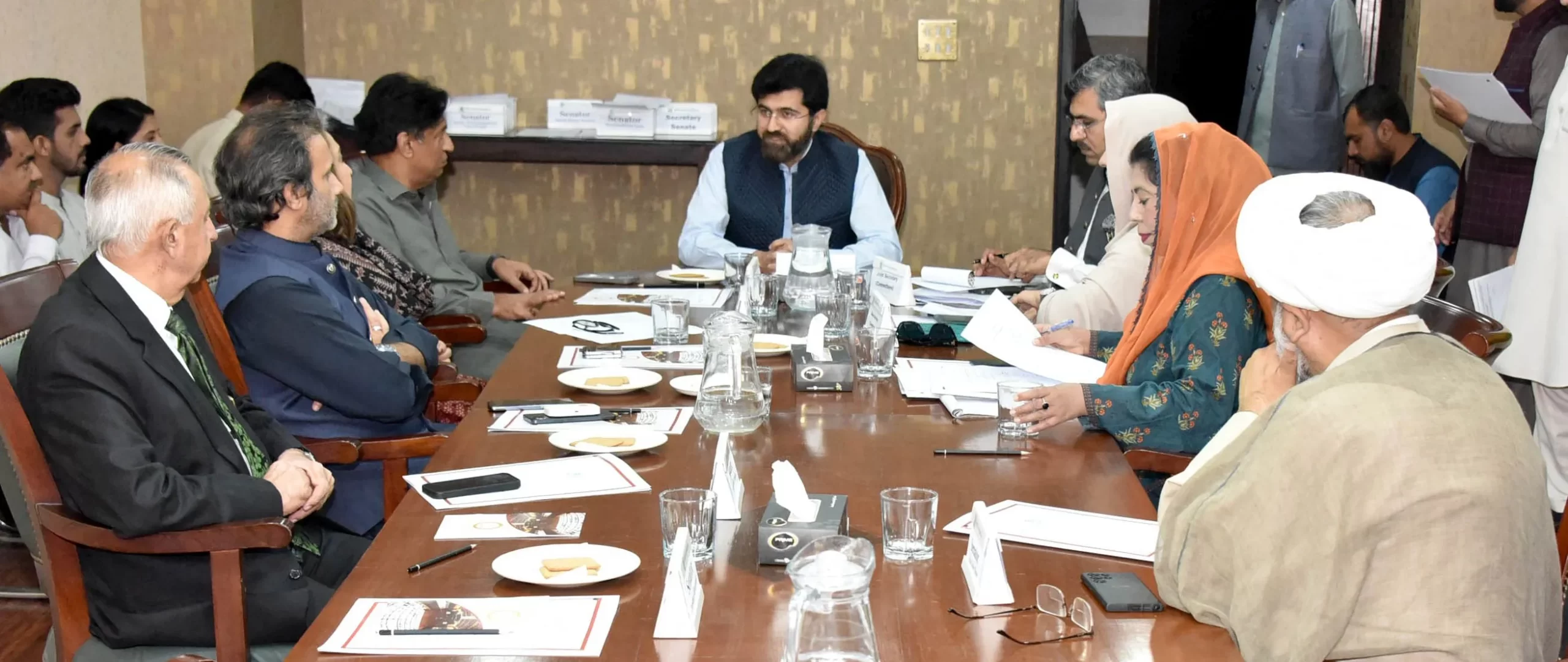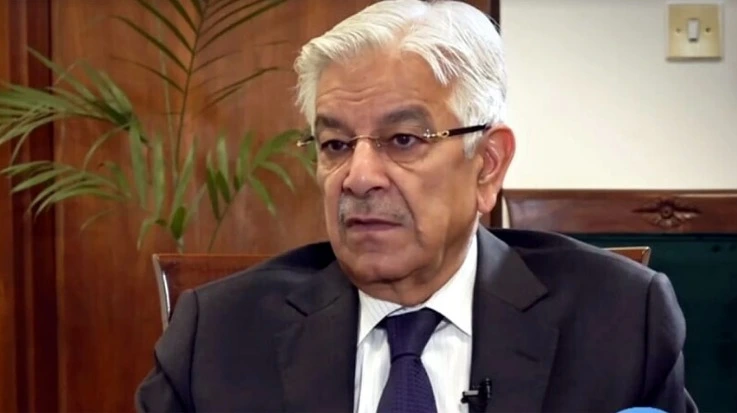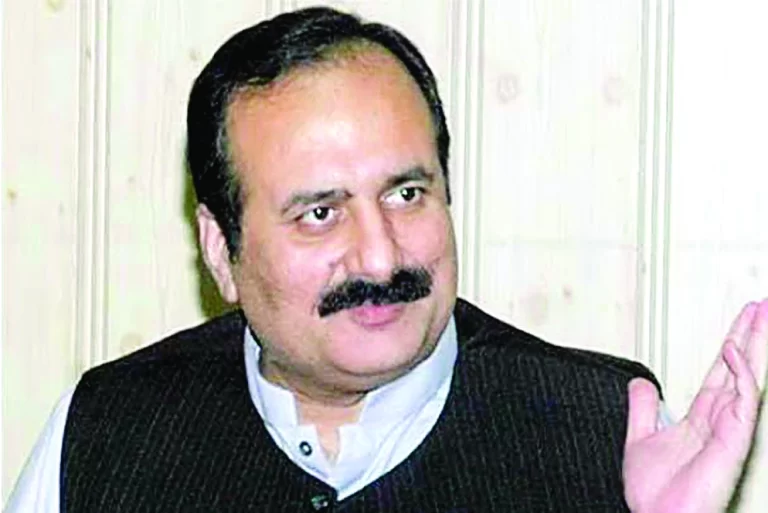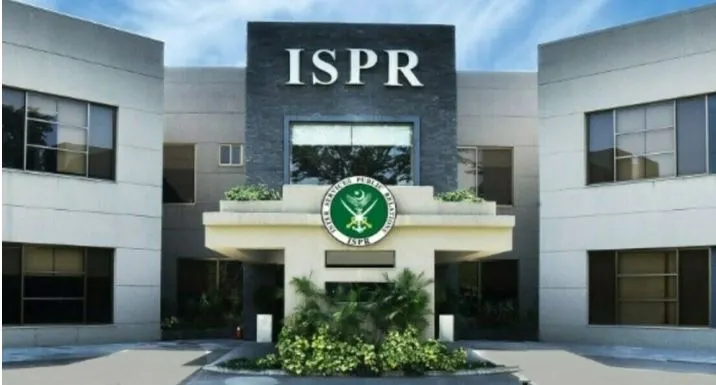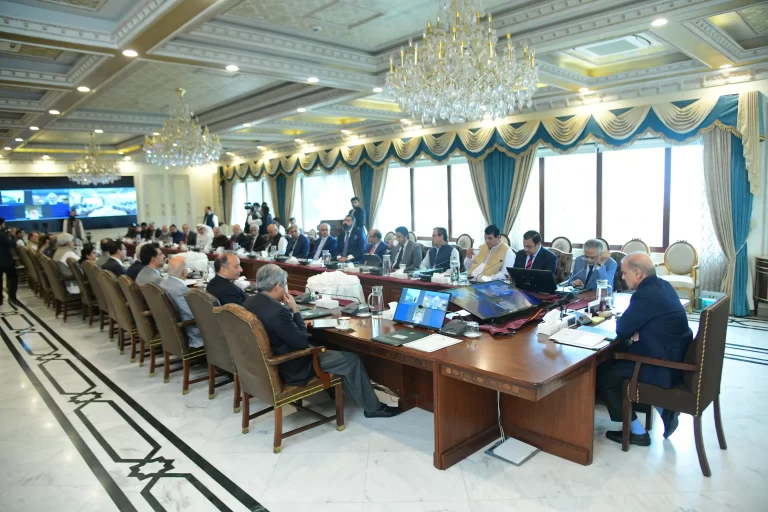Senate Committee Reviews HR and Overseas Pakistani Labor Issues
Islamabad: The Senate Standing Committee on Overseas Pakistanis and Human Resource Development chaired by Senator Zeeshan Khanzada, convened its session today at the Parliament House.
The Chairman of the committee, Senator Zeeshan Khanzada, commenced the meeting by emphasizing that there is a lot of potential in the Overseas Pakistani and Human Resource Development sector, which is being grimly neglected by the government.Coalition Govt Decides Giving Reserved Seats to Overseas Pakistanis
The meeting featured the presence of Senator Shahadat Awan, Senator Kazim Ali Shah, Senator Zamir Hussain Ghumro, Senator Raja Nasir Abbas, the Secretary of the Ministry of Overseas Pakistanis and Human Resource Development (MOPHRD), and senior officials from affiliated departments.
The Secretary of MOPHRD briefed the members on the ministry’s mandate, stressing the proposed master plan for HRD, emigration, welfare, and investment promotions.
This includes facilitating investment for start-ups, coordinating skill development through entities such as NAVTTC, and actively coordinating with international organizations. The Secretary pointed out the insufficiency of the mandate and requested support from the cabinet division. He also provided an overview of the ministry’s legal and institutional frameworks.
Additionally, the Secretary of MOPHRD reported on the ministry’s existing organogram, highlighting that there are 315 sanctioned posts, of which 207 are filled and 108 are vacant.
The Ministry officials also shared the overall budget with committee members. Senator Zamir Hussain Ghumro suggested that the ministry officials bring detailed information on the sanctioned posts to the next meeting.
The Secretary also reported that the domestic labor force comprises 71.8 million people, while the diaspora includes 10.7 million individuals, primarily in Saudi Arabia, the UAE, the US, the UK, and Canada.
Ministry officials further reported a declining trend in the overseas employment of Pakistani labor.
This decline is attributed to the modernization and advanced technology in these societies, while a significant portion of the Pakistani labor force remains unskilled.
Additionally, there is a lack of resources and skill development within the domestic labor force, resulting in workers from other countries replacing Pakistani workers.
Moreover, there are issues of criminal activities among the Pakistani workforce abroad. For instance, 50% of the crime rate among the labor force in the UAE is reportedly attributed to Pakistanis.
The officials also informed that efforts are underway to conduct orientation sessions for immigrants.
They highlighted that skilled labor from countries like Bangladesh serves as an inspiration, and Pakistan needs to follow suit.
Senator Raja Nasir Abbas addressed the pressing issue of Pakistanis living illegally in Iraq to earn a livelihood and suggested legalizing the status of these diaspora members, who are often subjected to poor treatment.
Senator Zeeshan Khanzada emphasized the gravity of the situation, noting that a segment of Pakistanis living illegally in Italy identify as non-Pakistanis, while the embassy identifies them as Pakistani citizens.
The Secretary of MOPHRD informed the committee that 95% of job hunting is driven by the private sector.
He outlined several challenges faced by the ministry, including difficulties in obtaining accurate job hunting data, lack of support from relevant departments after job opportunities are secured, insufficient focus on remittance areas, and the need to revamp the immigration system for the labor force.
The chairman of the committee suggested that the key issue lies in implementation and that improving this aspect would benefit the country.
Additionally, the Secretary presented a two-year transformation plan, which includes effective diaspora engagement to enhance remittances, promote investment, and support national development. Senator Kazim Ali Shah suggested the ministry provide the list of Overseas Employees Promoters (OEPs) in Sindh.
The meeting concluded with the Chairman of the committee expressing appreciation for the ministry’s documented work. He also expressed optimism about the continued efforts and policies of MOPHRD.


